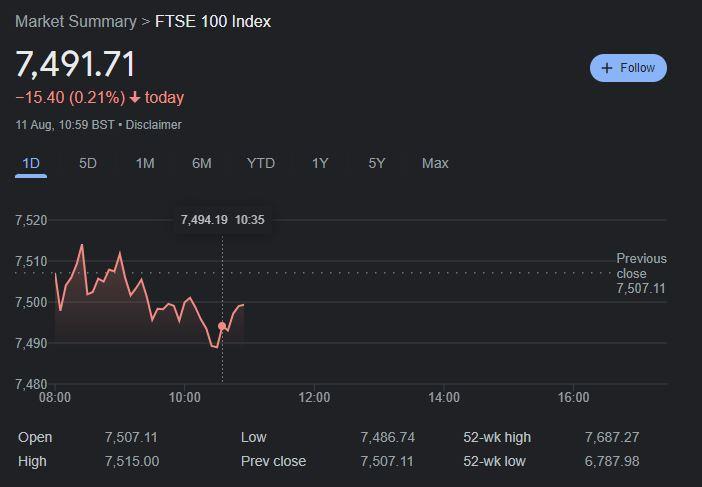- English
- 简体中文
- 繁体中文
- ไทย
- Tiếng Việt
- Español
- Português
- لغة عربية
Learn to trade
Why do investors like trading indices?
Trading Indices has become very popular as it allows the investor to gain exposure to various sectors of an economy. The Pepperstone platform offers all the major indices from around the world.
The Nasdaq Index has big names in the US technology sector such as Apple, Amazon and Tesla.
The DAX40 is an index where 40 of the largest companies in Germany are listed. With the index being the main benchmark for German and European stocks, trading the DAX gives the investor exposure to the European economy.
What are indices and how are they formed?
When a company decides to ‘go public’ it offers its shares to be freely traded on a dedicated exchange. This is known as an IPO or initial public offering.
There are thousands of shares that are traded throughout the globe on various exchanges. They could be traded on the New York Stock Exchange or the Dubai Financial Market.
The share price of a company might fluctuate daily, depending on the supply and demand for their stock.
Stock Indices are formed by measuring a basket of stock from different companies. For instance, the FTSE100 is the Financial Times Stock Exchange and measures the value of the top 100 companies listed by their highest market capitalisation.
Other popular indices include the French CAC 40, the Spanish IBEX 35, and the Italian FTSE MIB 40. In Asia, traders enjoy the Japanese Nikkei 225 and Hong Kong’s Hang Seng Index.

Figure 1 FTSE100 11/08/2022
You can trade indices with lower margins
Trading Indices through Pepperstone can lower your margin or deposit requirements.How is this possible?
Indices tend to have lower margin requirements than individual shares. This is because they reflect a combination of companies. If one company within the index has a dramatic move, only the company's capitalised weight within that index will be reflected in the index price.
As a rule, the lower the risk the lower the margin requirements.
For more information of the benefits of trading indices through Pepperstone, click on this link.
Related articles
The material provided here has not been prepared in accordance with legal requirements designed to promote the independence of investment research and as such is considered to be a marketing communication. Whilst it is not subject to any prohibition on dealing ahead of the dissemination of investment research we will not seek to take any advantage before providing it to our clients.
Pepperstone doesn’t represent that the material provided here is accurate, current or complete, and therefore shouldn’t be relied upon as such. The information, whether from a third party or not, isn’t to be considered as a recommendation; or an offer to buy or sell; or the solicitation of an offer to buy or sell any security, financial product or instrument; or to participate in any particular trading strategy. It does not take into account readers’ financial situation or investment objectives. We advise any readers of this content to seek their own advice. Without the approval of Pepperstone, reproduction or redistribution of this information isn’t permitted.


